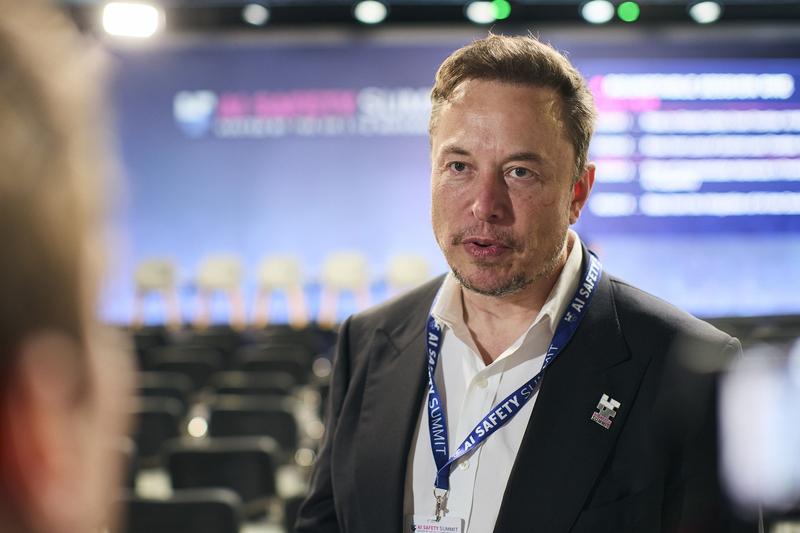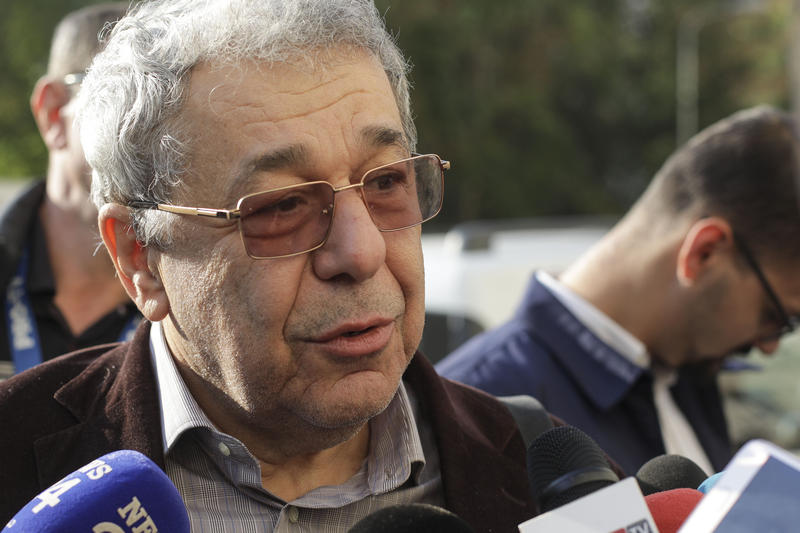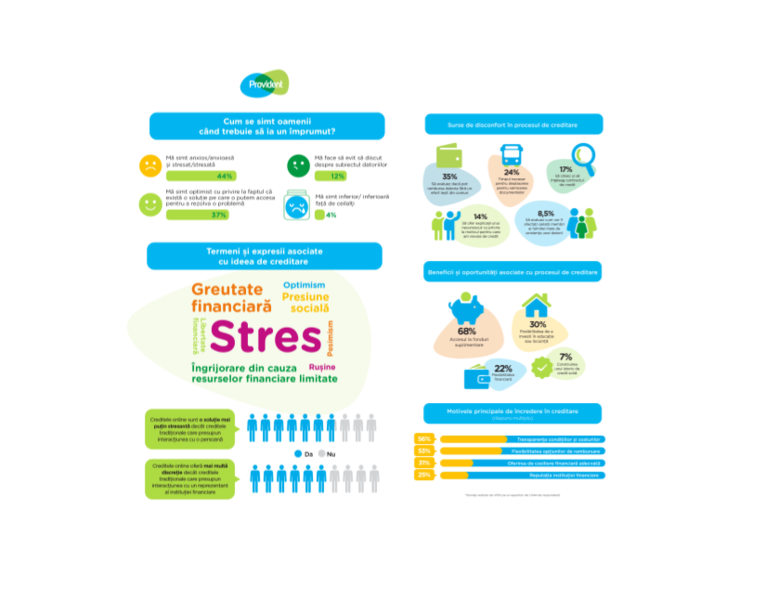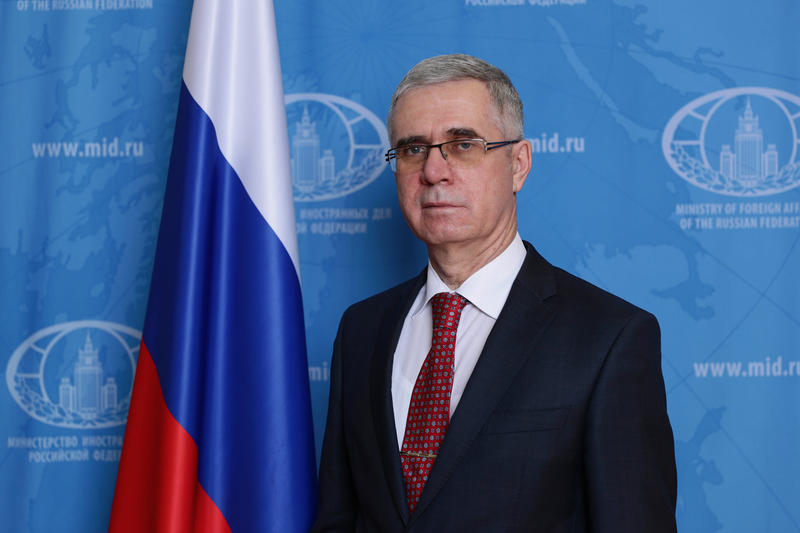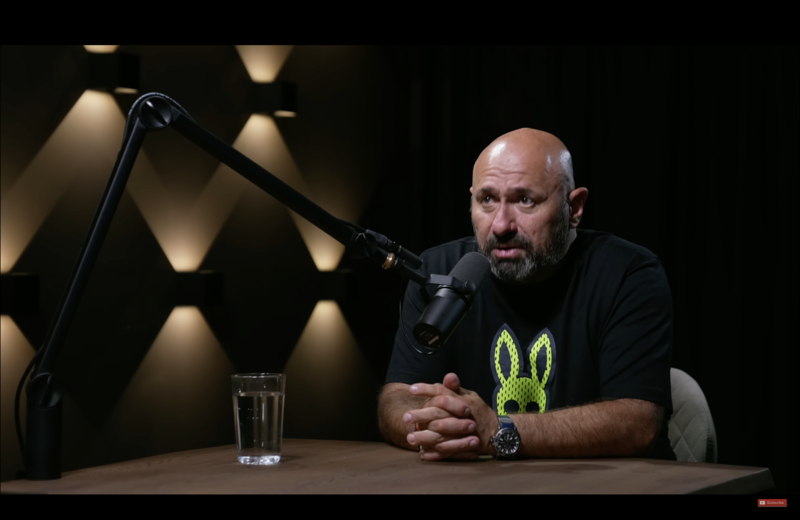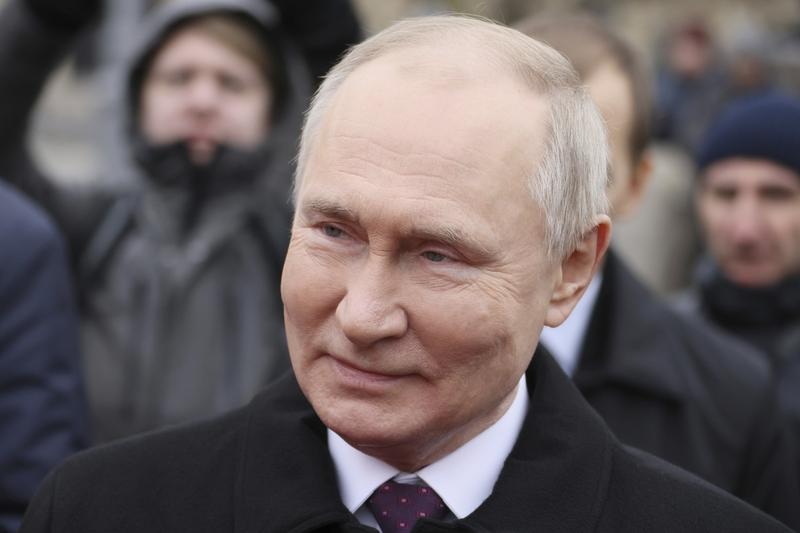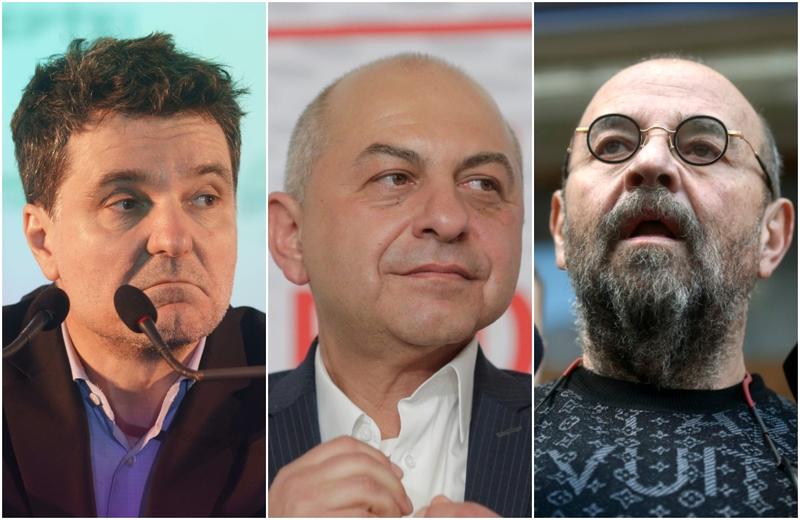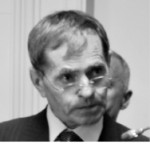In an interview for HotNews.ro, Romanian ex-Agriculture minister Dacian Ciolos stated that over 1,000 projects from the National Program for Rural Development are blocked, despite being selected for getting European money, because banks refuse co-financing. Therefore, Ciolos argues that Romania risks losing the funds allocated for 2008 and 2009 for valid projects. The name of the ex-minister is, unofficially, Romania's first choice for a European commissionaire position.
Dacian Ciolos stated in a seminar that Romania is focusing too much on subventions. By that Ciolos meant that some of Romania's policies are conservative in regards to the Common Agricultural Politics relating to French practices, in contrast with Nordic countries, which exercise a more liberal policy. According to him, Romania did not have a conservative attitude in relation to the Ministers' Council or the negotiations with the Commission.
- Ciolos sustains that Romania has always had a balanced, dynamic approach addressing the Common Agricultural Policy (CAP), marching between a subvention policy and the rural development policy. But he could not see how Romania can have a conservative approach with CAP, designed for the Western EU states. Now that the EU has enlarged, Dacian Ciolos finds it only natural that Romania should support a CAP reform, adapting it to a larger Union.
- Arguing that the new EU member states are not focused mainly on subventions, he indicated that Romania has more funds for the Rural Development Programme than for subventions, because Romania needs massive investments in the rural sector and an agricultural reform. But it was normal, he said, that agricultural producers are supported until they become competitive. Nevertheless, he doesn't think Romania should focus on subventions, a programme designed ten years ago in West when the guaranteed incomes were given up.
- He claims that the farmers' income support model should be adapted to the current situation within the EU, but he avoided sharing his personal opinions on it, saying that any measures to be decided will be a compromise between the 27 members. Nevertheless, Romania and the new states would not have to see their subventions reduced, since they're still developing countries. But the subventions should not consider the protection of the environment, of biodiversity and the climate changed produced by agriculture.
- Regarding the European money that should make it to the farmers' pockets, especially through the National Programme for Rural Development, the state needs to deal with the banks that refuse co-financing, Ciolos argues. Despite the state not being allowed to impose it on the banks, Ciolos says that as long as banks ask the state for support, they should be ready to negotiate on the modernisation of the country's main departments, which bring money.
- There are over 15.000 projects on agriculture, worth of more than 8 billion euros which Romania has been allocated. This shows that Romania does not have a fund absorption problem, but a co-financing one, Ciolos added. He continued by saying that he did not understand why banks were not financing agricultural start-ups and the selected and approved projects, as long as the national Guarantee Fund exists. In most agricultural sectors, Romania is a net importer. That means that Romania is a marketplace.
- The ex-Agriculture minister stated that many selected and signed contracts can't be enforced because the lack of co-financing. More than 1,000 projects cannot start the projects because they cannot insure private co-financing, they are not accepted for credit. According to him, the Payment Agency should revise the projects; economic evaluation procedure, so that it is as similar as possible with the banks' criteria; otherwise, Romania risks losing European agricultural funds for 2008 and 2009. It will be difficult for Romania to justify bigger funds requests later if it does not manage to absorb the current money, Ciolos said.
Dacian Ciolos refused to discuss Romania's chances to obtain the European mandate for Agriculture or the possibility of PSD to name another candidate for the role, since he wasn't an official candidate.

